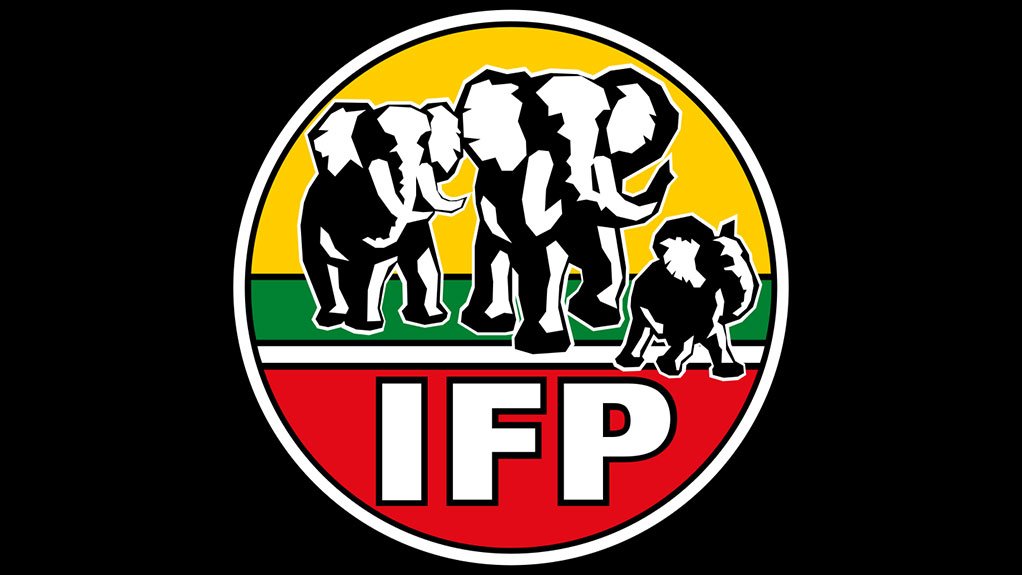Madam Speaker,
Honourable Members,
The global political landscape is shifting rapidly, and sovereign nations are making decisions that have far-reaching consequences. The United States, in exercising its sovereign right, has halted aid funding to South Africa. In equal measure, South Africa must exercise its sovereignty in responding to this decision in a manner that prioritizes our national interests, protects the most vulnerable, and safeguards our economic and social stability.
Beyond the direct health implications, 15,000 healthcare workers are now at risk of losing their jobs. At a time when South Africa faces record-high unemployment, this is an undesirable development. The strain on the healthcare system will be severe, reducing access to treatment for vulnerable citizens, increasing workloads for remaining healthcare workers, and potentially leading to burnout and compromised care quality.
In response, the IFP believes in both short-term interventions and long-term solutions to mitigate the damage and build resilience.
In the short term for long term gain, collaboration between the government, private sector and NGOs will be essential to providing emergency funding, redirecting resources, and offering alternative employment opportunities in the healthcare sector. By doing so, we can soften the immediate impact of the funding cut while working toward long-term sustainability.
In the long term, South Africa must move toward self-help and self-reliance and economic independence. Over-reliance on external aid makes us vulnerable to global political shifts, propaganda and misinformation. The IFP firmly believes that cultivating the capacity to thrive independently is the only sustainable path forward.
However, we recognize that South Africa is not an island. Our economy and geopolitical standing are deeply tied to global trade. The United States remains a key strategic trade partner, and we must approach this situation with diplomacy and pragmatism.
The IFP supports engagement at the highest levels; a well-reasoned diplomatic approach is necessary to preserve our economic relationship.
All this said there are hard truths that must be confronted: This crisis is not occurring in isolation—it exposes deeper systemic failures. The illusion of reconciliation in 1994 allowed injustices to persist without full accountability. The CODESA principle of “sufficient consensus” enabled oppressors to escape responsibility, while the Rainbow Nation façade only served to delay true economic justice. Today, emboldened elements of the past are once again challenging the progress we have fought for.
Let us be clear: some of those who benefited from apartheid have never stopped working against a truly free South Africa. Their stance remains an anti-democratic South Africa.
The irony is they cry foul when we speak redress and transformation terming it racism, with their only recourse being a nostalgic longing to take us back to a racist past of black oppression.
The return of the Trump administration has emboldened these forces, allowing them to undermine our democracy and economic stability under the guise of foreign policy decisions.
AfriForum and Solidarity have erred in their modus operandi. Their recourse cannot be rallying one government over another. Their pursuit for recourse could have found expression in other legitimate international fora.
One area where sovereignty and national interest must be exercised is land reform. However, this must be done responsibly.
The IFP opposes the Expropriation Act, not because we reject land reform, but because we reject reckless policy-making.
Section 25 of the Constitution already allows for land expropriation where necessary—but it must be done with compensation to ensure economic stability. The current Expropriation Act is flawed and risks driving South Africa into further economic hardship. We support transformation, but not destruction.
The US decision to halt aid is both a challenge and an opportunity. It forces us to rethink our economic policies and stand on our own feet. But it also presents a chance to finally achieve true independence—political and economic.
We must put South Africa first. The road ahead will not be easy, but if we embrace self-help and self-reliance, we will emerge stronger and more resilient.
I thank you.
EMAIL THIS ARTICLE SAVE THIS ARTICLE ARTICLE ENQUIRY
To subscribe email subscriptions@creamermedia.co.za or click here
To advertise email advertising@creamermedia.co.za or click here











